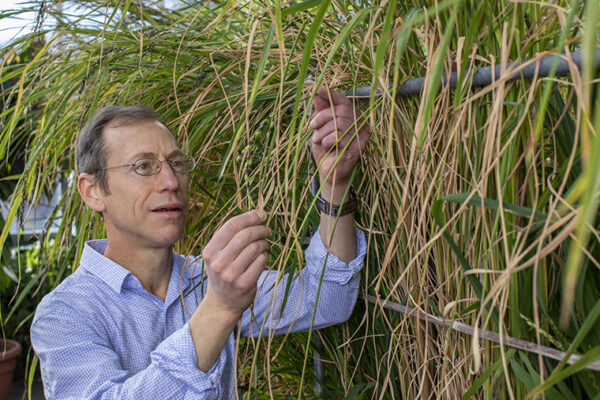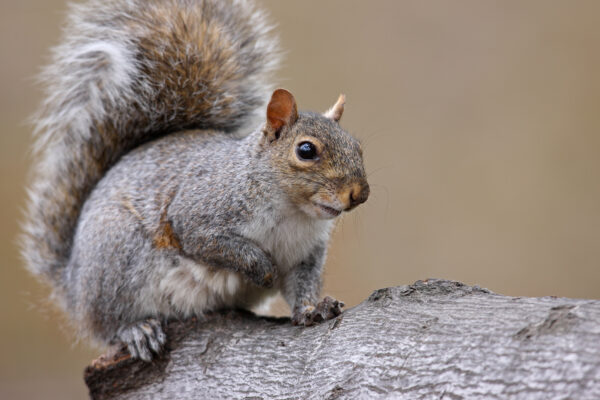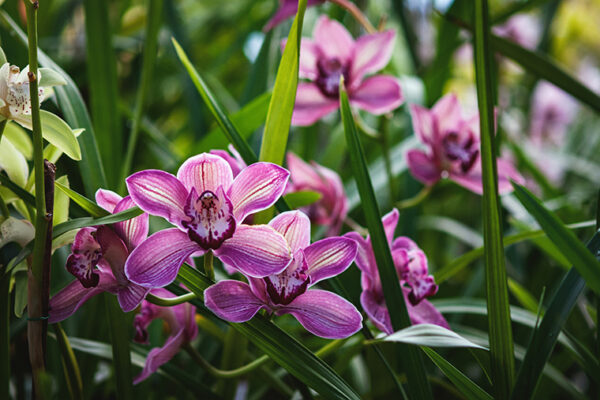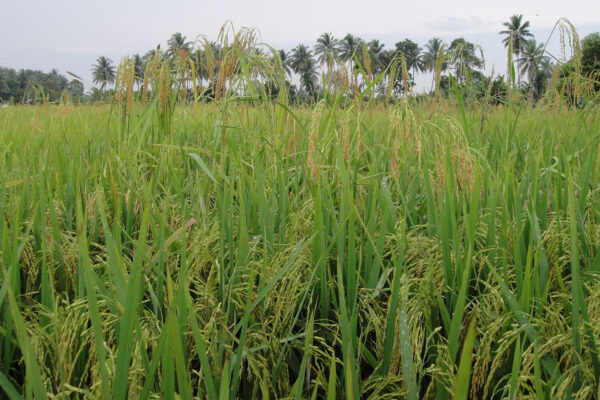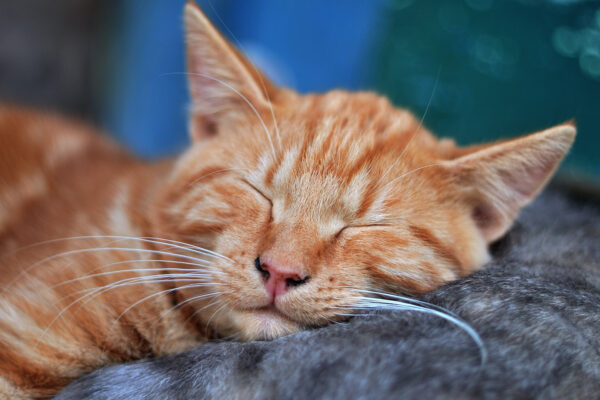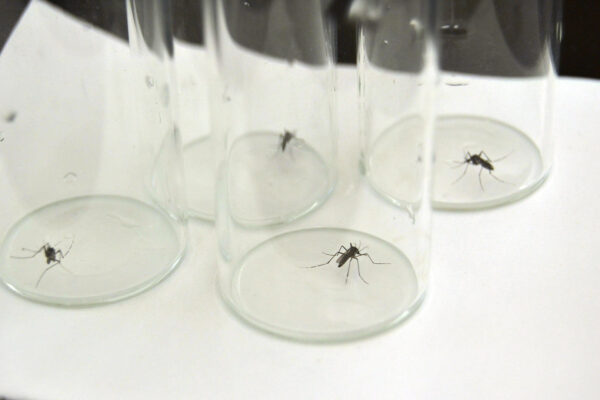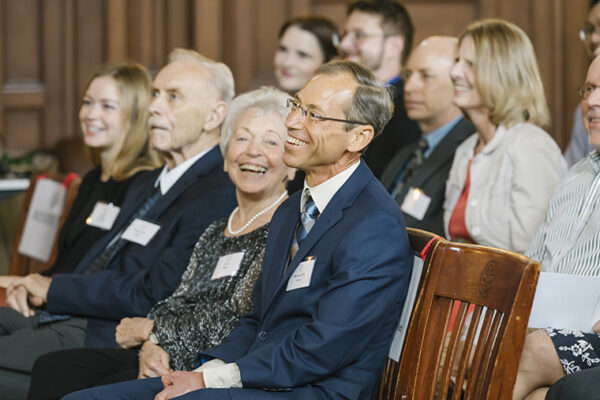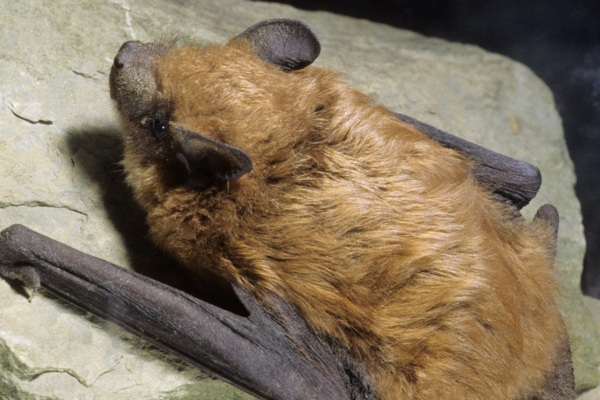Biologist Olsen helps launch global wild rice alliance
Kenneth Olsen, a George William and Irene Koechig Freiberg Professor of Biology in Arts & Sciences, joined researchers from 24 countries in an effort to strengthen cooperation and solve a key problem of improving rice yields.
How bias shows up in maps made with citizen science data
When biologist Elizabeth Carlen in Arts & Sciences saw that squirrels were not being reported in north St. Louis, she wanted to know why. Her new paper in People & Nature illustrates how social and ecological factors can create bias in contributory science data.
New insight into orchid origins
Research from Washington University in St. Louis shows that orchids probably originated in Eurasia. Biologist Susanne Renner in Arts & Sciences is a senior author of the study in New Phytologist.
Weedy rice gets competitive boost from its wild neighbors
Rice feeds the world, but a look-alike weed can outcompete the crop. A study led by biologist Ken Olsen in Arts & Sciences shows how weedy rice gets its edge in tropical regions of the world.
Finding nature-inspired alternatives to plastics focus of new center
A team of researchers in the McKelvey School of Engineering at Washington University in St. Louis has established the Synthetic Biology Manufacturing of Advanced Materials Research Center to work across disciplines to find nature-inspired alternatives to plastics.
Why do we sleep? Researchers propose an answer to this age-old question
Sleep helps restore the brain’s operating system to a critical state, according to new findings from biology and physics researchers in Arts & Sciences.
Some mosquitoes like it hot
Certain populations of mosquitoes are more heat tolerant and better equipped to survive heat waves than others, according to new research from Washington University in St. Louis.
How underground fungi shape forests
Biologist Jonathan Myers in Arts & Sciences leads work at Tyson Research Center that fueled an investigation into the role of underground fungi as drivers of global forest diversity.
Olsen installed as a George William and Irene Koechig Freiberg Professor of Biology
Kenneth Olsen, a professor of biology in Arts & Sciences, was installed as a George William and Irene Koechig Freiberg Professor of Biology in a Sept. 27 ceremony held in Holmes Lounge. His installation address was titled “Plants, evolution and living in clover.”
Not-so-spooky sounds: Audio recordings help ID urban bats
Washington University scientists have documented 10 different bat species in our area, including several threatened and endangered bats.
Older Stories
